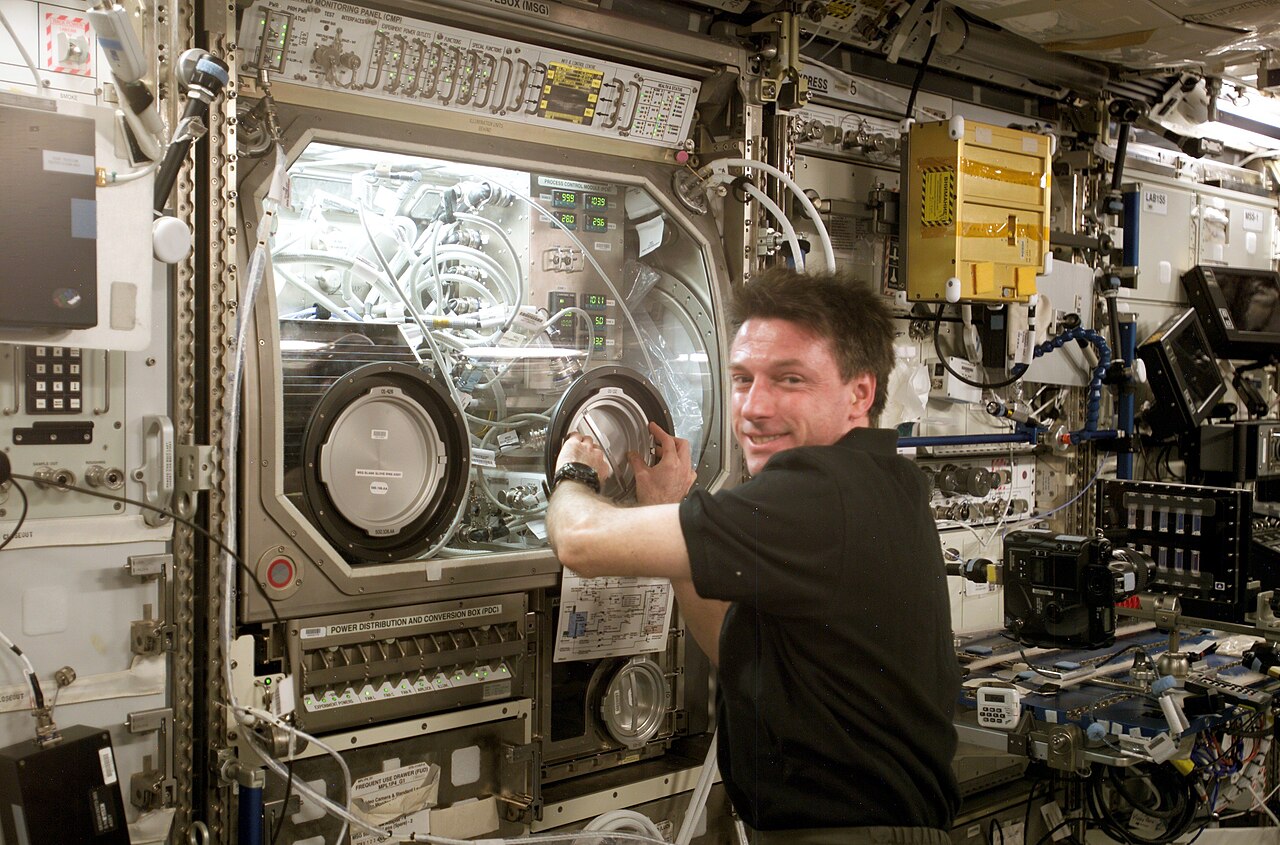
Brain cells remain healthy after month on International Space Station, but matured faster than brain cells on Earth
On Dec. 16, 2024, Scripps Research scientists announced they had discovered how brain cells respond to microgravity. Scripps scientists, in collaboration with the New York Stem Cell Foundation, sent tiny clumps of stem-cell derived brain cells called “organoids” to the International Space Station (ISS).
The organoids were prepared in labs at the Kennedy Space Station and traveled to the ISS in a miniature incubator. After a month in orbit, they returned to Earth, where the team showed that they were healthy and intact.
Surprisingly, the organoids were still healthy when they returned from orbit a month later, but the cells had matured faster compared to identical organoids grown on Earth—they were closer to becoming adult neurons and were beginning to show signs of specialization. The results, which could shed light on potential neurological effects of space travel, were published in Stem Cells Translational Medicine.
Tags:
Source: Scripps Research Institute
Credit:
